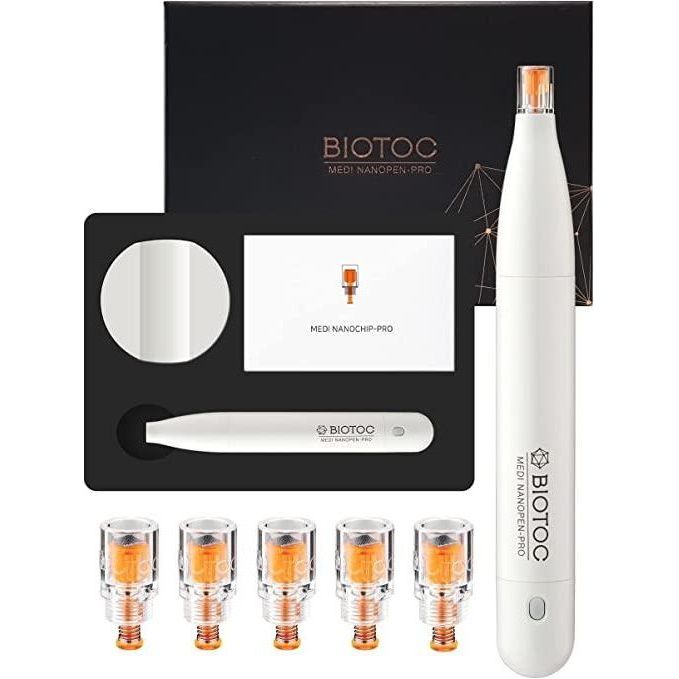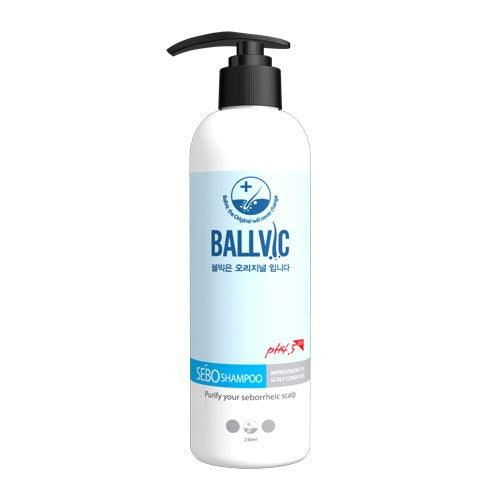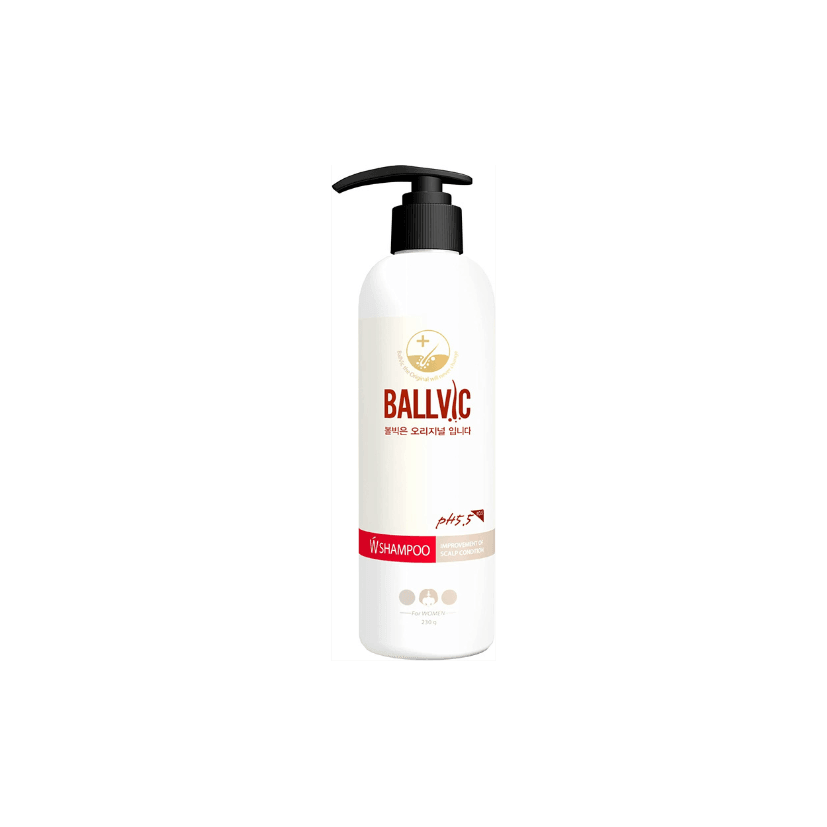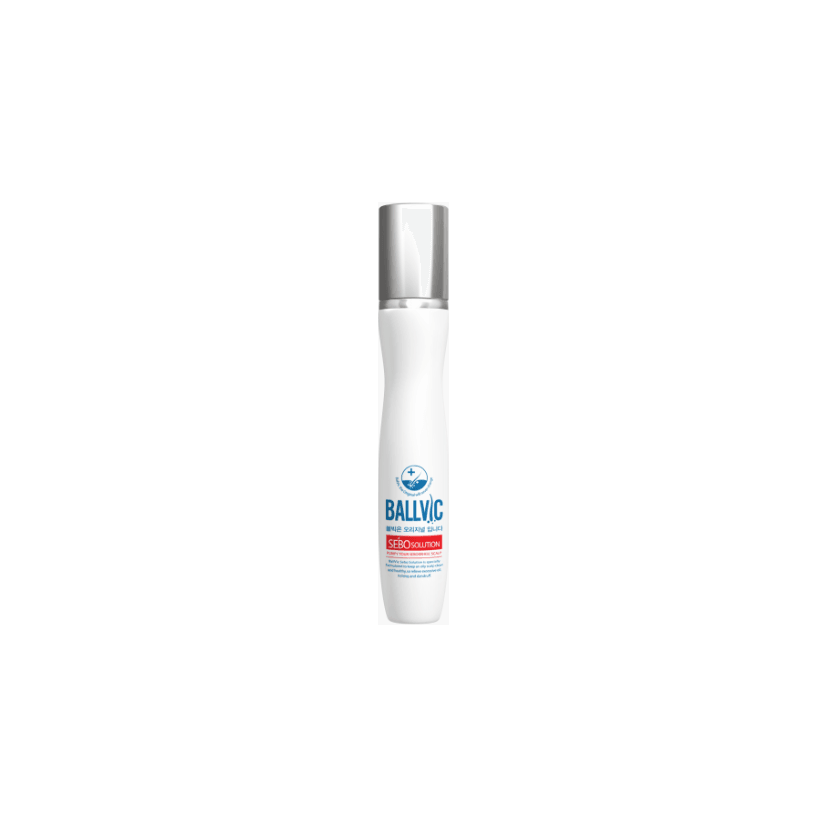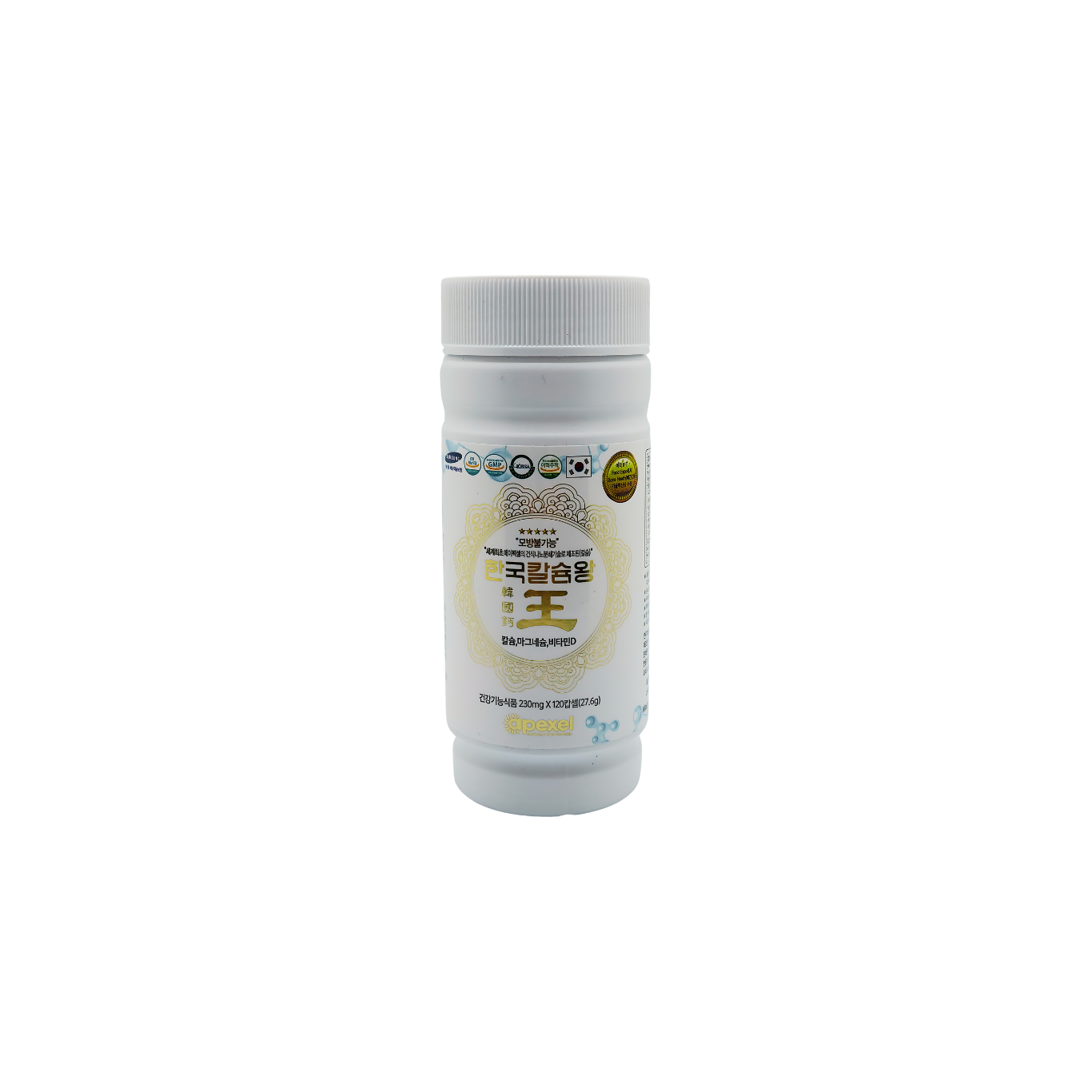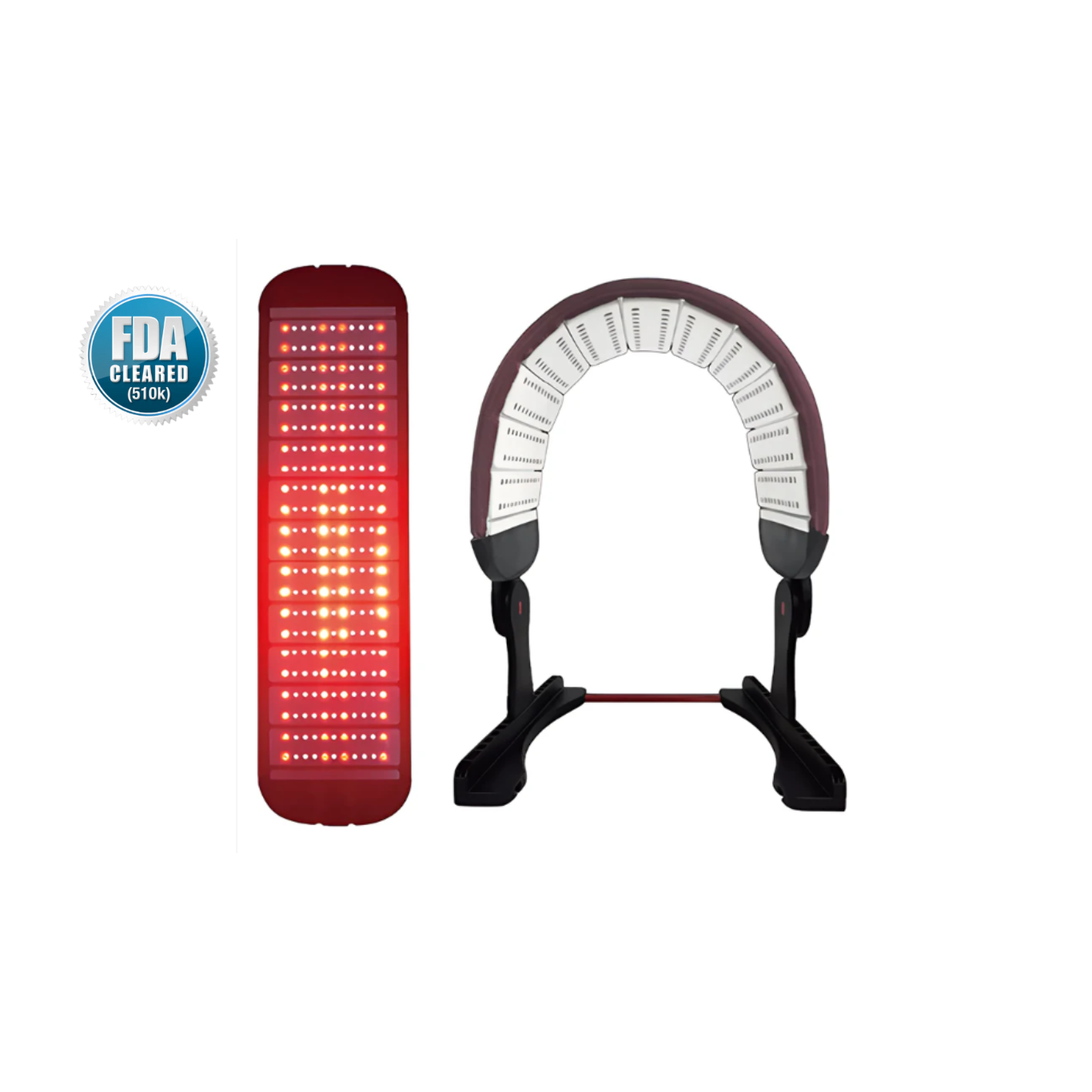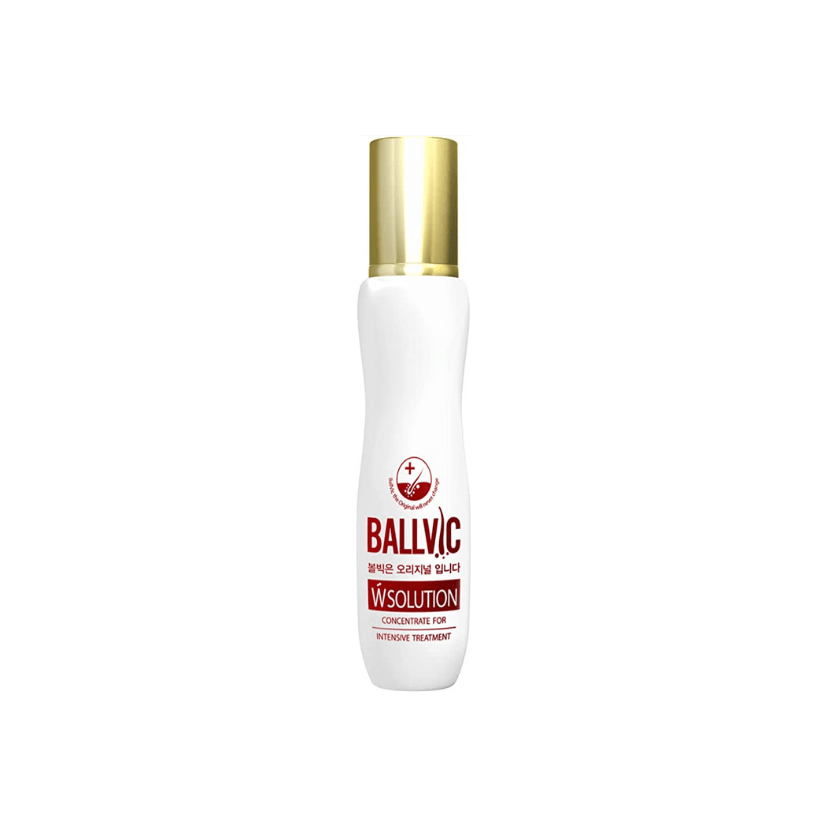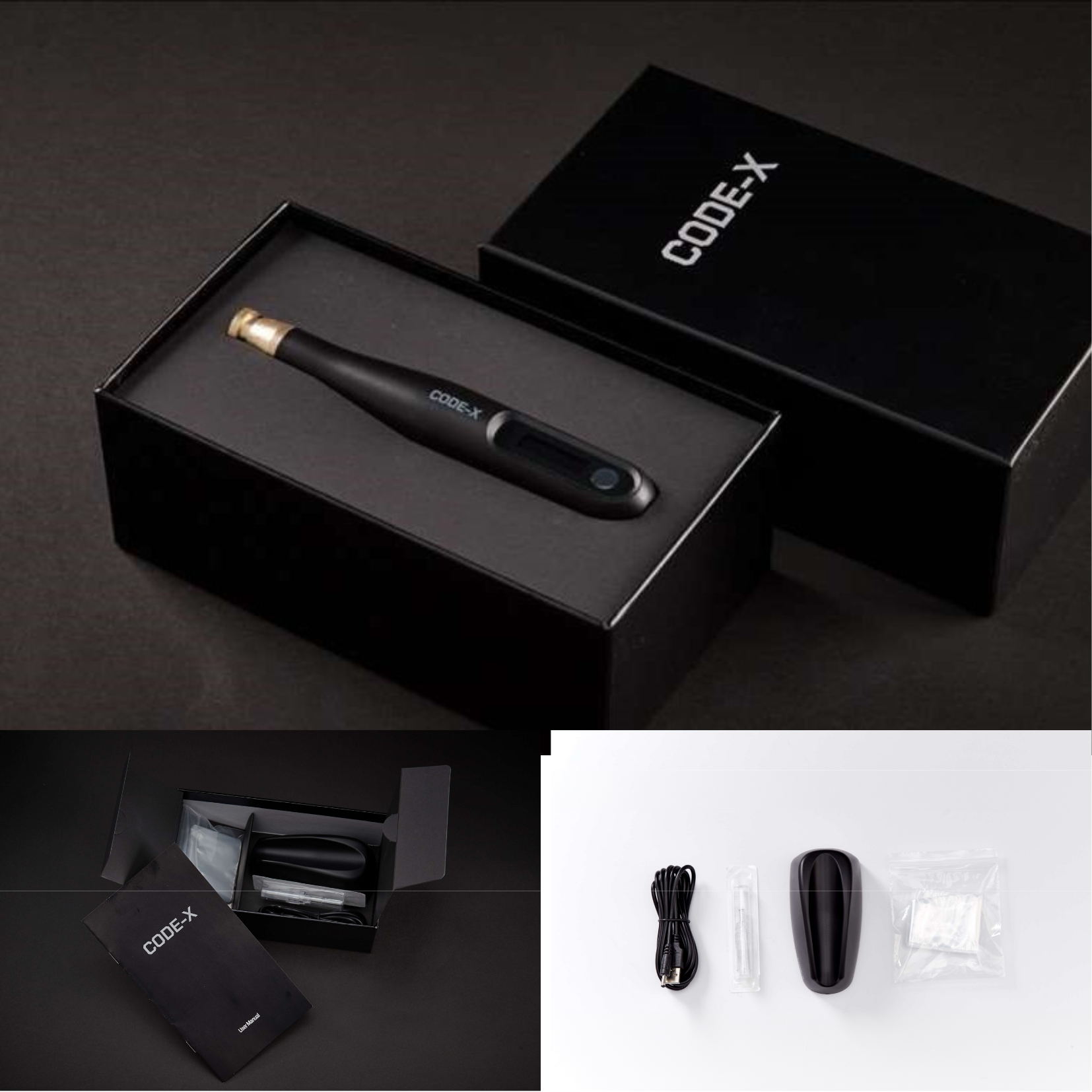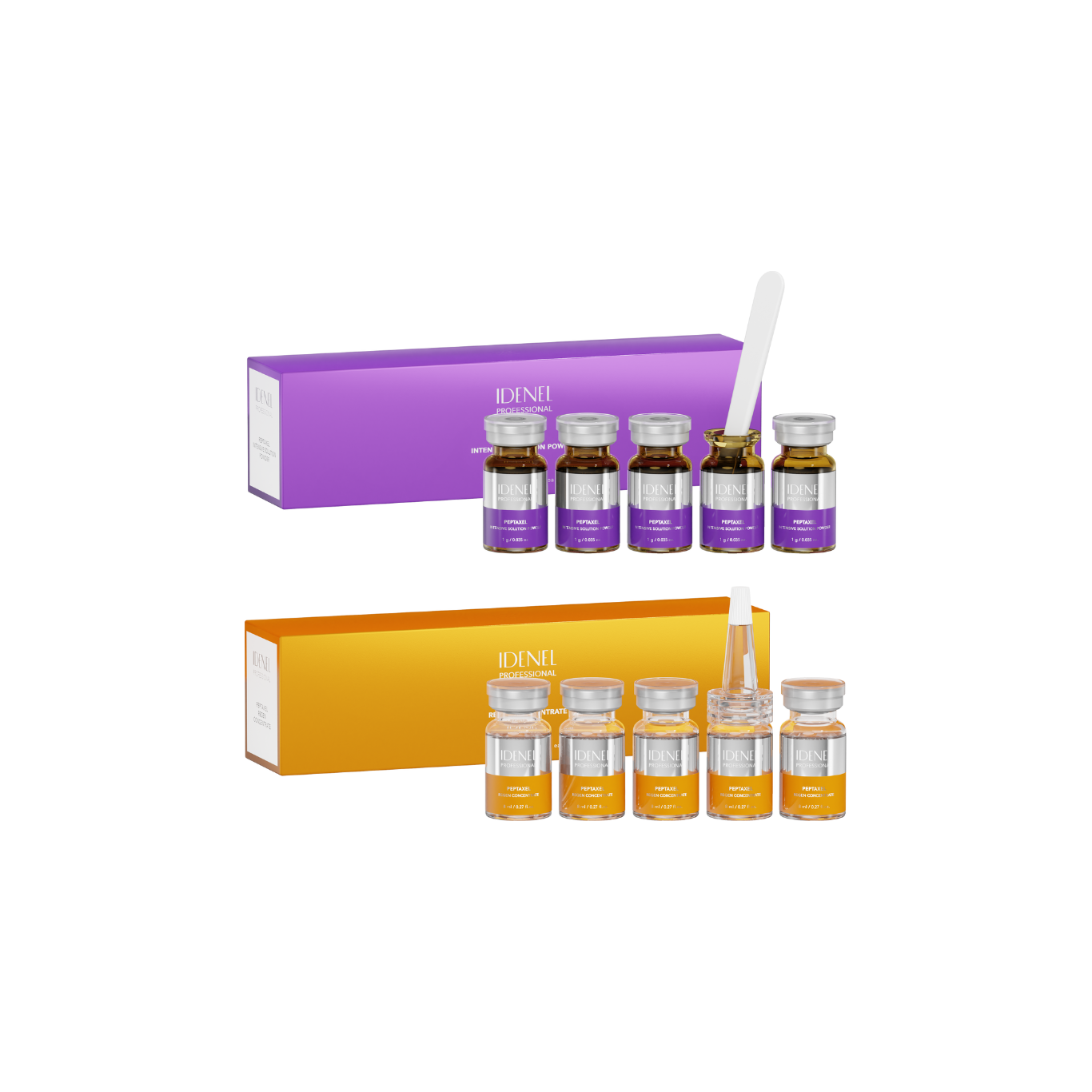This month, we are featuring Dr. Christin Glorioso, MD PhD and computational neuroscientist who studies Alzheimer's disease and aging. Dr. Glorioso wears many hats, as she has also founded a few science advocacy organizations such as the non-profit Academics for the Future of Science (AFS) and her newest organization, Real Science, as well as guest teaches medical ethics courses at Boston University. “I’ve found the marriage of my interest in policy and real world problems with science and medicine,” Glorioso explains.
BIOTOC Connection was granted the opportunity to sit down with Dr. Glorioso over Zoom to find out more about her journey, and her advice to women in STEM, a topic she holds near and dear to her heart.
Did you always want to pursue a career in STEM? What influenced your career path?
CG: I actually wanted to be a writer when I was young, and thought I would go to college for English. I grew up in a science household. My father was a university professor and would take me to meetings and science conferences, so I was exposed to science from a young age. It seemed to be an empowering environment for women, as there was always the expectation that I could become someone in STEM just as much as anyone else.
As I took English courses in college, I was interested in philosophical questions, and soon fell in love with neuroscience, which gives you the psychology behind some of those bigger philosophical questions as well as background in real world experimentation.
After nine years of graduate school, I found myself really enjoying the science part over the medical part, leading me to pursue a postdoc instead of a traditional residency program. I was studying Alzheimer’s disease at the time, and there weren’t a lot of good therapies. I thought it would be really important to focus my efforts on trying to come up with better solutions for people. That brought me to MIT, where I continued to study Alzheimer’s disease and brain aging and, at the same time, founded AFS, which was a project of the MIT Think Tank, a network of students and professionals trying to solve real world problems.
What predictions do you have for the future of the neuroscience industry?
CG: I think brain medicine is one of the most challenging fields right now. We know less about the brain than we do about any other body part. Coming up with therapies for mental health disorders, like depression, anxiety and schizophrenia have been exceptionally difficult. As for neurological diseases like Alzheimer's, I do think we're going to get there, even if it will be the last frontier.
Personalized medicine, with advanced brain scans that can image individual neurons in your brain, is going to be key to understanding psychiatric disorders in the future. We still have a long way to go with that, but I think that would be amazing.
Do you have a mentor? What does your professional community and network look like?
CG: I think mentorship is really important. I would credit my decision to go into neuroscience to Professor Richard Hume at University of Michigan. He had a very cool molecular neuroscience class with a lab. He was definitely a mentor for me. I also had a great relationship with my PhD thesis advisor, Professor Etienne Sibille, who helped me throughout graduate school.
Nowadays, my ‘mentor’ is more of a community of mentors. Through my various experiences, it was vital that I meet and network with a lot of people in science, locally and globally. My current mentorship is like a hodgepodge of that network, just bouncing ideas off of people and contacting them. That’s a true resource and privilege, I would say.
What is a piece of advice you have for young women who want to go into STEM?
CG: There are still a lot of disparities within STEM, and you see it at a higher level these days. Going into graduate school, at least for medical school, there's now 50/50 women and men. But in the harder sciences, there are many more disparities. As you get further up the ranks, you really start to see the glass ceiling start to close in. As a startup founder, I’m learning how prominent these biases against women of power are.
The interesting thing is that so much of these disparities are intrinsic bias. There’s a study where they looked at women's code on GitHub. When the codes were blindly chosen, companies picked women's codes more often than men's, proving that people thought that women’s codes were not only good, but often better than men’s codes. However, in cases where the gender was revealed, women’s codes were less likely to be picked. It's this kind of intrinsic bias that doesn't relate to ability in any way and holds women back.
My advice to women would be, if people tell you you're not as qualified or not as good, never believe it. Ignore it and pursue your dreams, because a lot of this stuff is just biased perceptions.
What does "beauty" mean to you?
CG: My first instinct is to give you something nerdy and pedantic like: beauty is generally related to symmetry and the way that contrast and other light elements work together. But really, I think nature is beautiful. I think it's very inspiring--looking at the world around us, and how perfectly things work. The beauty of walking into a forest or on a beach can be very inspiring.
This conversation has been edited and condensed for brevity.
Visit our pages:
